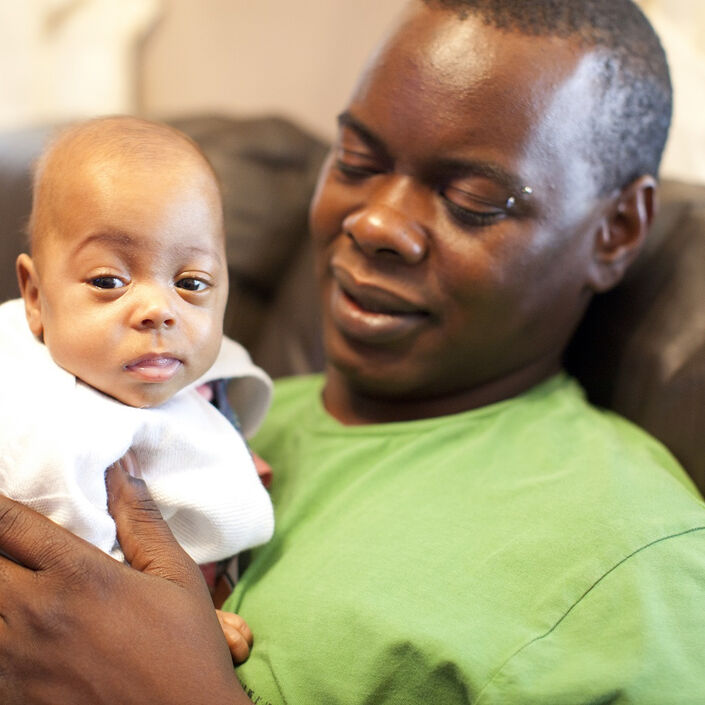It is important to have a car seat for your baby, even if the only car journey you are going to make is from the hospital to home.
By UK law, all children up to the age of 12 must travel in a car seat. If you do not own a car, you should borrow or hire a car seat when taking your baby home from the neonatal unit by car or taxi. You can ask if there is a local loan scheme available. Units are unable to loan car seats, but social services can provide one.
Some babies who are born premature or sick are at an increased risk of apnoea, bradycardia (slow heart rate) and oxygen desaturation when in an upright position. Because of this, your baby may have a test before they leave the unit to indicate that they are able to travel in a car seat. This is sometimes called a ‘car seat challenge’. Different units have different criteria to check if your baby is ready to travel in a car seat. This may include your baby’s weight and an assessment of any additional medical needs your baby may have.
If it is decided that your baby is not ready to travel in a car seat, it may be recommended that it is safer for them to travel in a lie flat car seat. In some situations, healthcare professionals may decide that your baby is not ready to be discharged.
What car seat should I use?
Unit staff are unable to suggest which brands or models of car seat you should buy. Car seat manufacturers often recommend that babies born premature or sick should get a car seat suited to their individual needs. It is important to work with a healthcare professional at the unit to decide what type of car seat might be best.
Most newborn car seats come with an insert for more support and padding. Do not buy separate inserts that do not come with the car seat, as these may not meet safety regulations.
Car seat safety
To make sure your baby is safe in a car seat, it is important that you do the following things:
- Practice fitting the seat into your car first. The Royal Society for the Prevention of Accidents (RoSPA) have some guidance on how to do this safely, which you can find here. Unit staff are unable to help you fit the seat into your car. Some retailers will be able to help with a car seat fitting demonstration.
- Only use a rear-facing car seat, unless you have been told otherwise by a healthcare professional.
- Never use a car seat in the front seat of the car if an active passenger seat airbag is fitted.
- Do not buy or use a second-hand car seat unless you know about its history.
- Never leave your baby alone in the car seat. It might be a good idea to ask a friend or family member to sit with your baby in the back of the car, or ask them to drive so you can sit in the back of the car with your baby.
- Do not use the seat outside of the car.
- Recline the seat as much as possible when in the car (carefully following the manufacturer’s instructions).
- Avoid the use of padded coats when your baby is in the car seat. This can prevent your baby from being secure in the car seat.
- Keep car journeys short for the first few months if possible, ideally no longer than 30 minutes. If you need to travel for longer, you should take regular breaks where the baby is taken out of the seat.
RoSPA's website has more information about general car seat safety. They also have a freephone helpline, called Lifeline, that you can call if you have any questions about car seat safety for your premature or sick baby. You can call 0808 801 0822, Monday to Friday, 9am to 4pm. You can also email lifeline@rospa.com
Travelling with medical equipment
If your baby is going home on oxygen, or has difficulty breathing, they will have heavy medical equipment which will also need to go in the car. Research from RoSPA says that any equipment can be put on the floor wedged with pillows, foam or blankets. In some cars, this can interfere with airbag sensors, so it is important to check the car manual before you store any medical equipment under the seat.
Travel and parking costs
You may be able to get a Blue Badge for your baby if they have a specific medical condition. A social worker at the neonatal unit may be able to give you more information about this. Gov.uk have more information about the Blue Badge scheme that you may find helpful.


